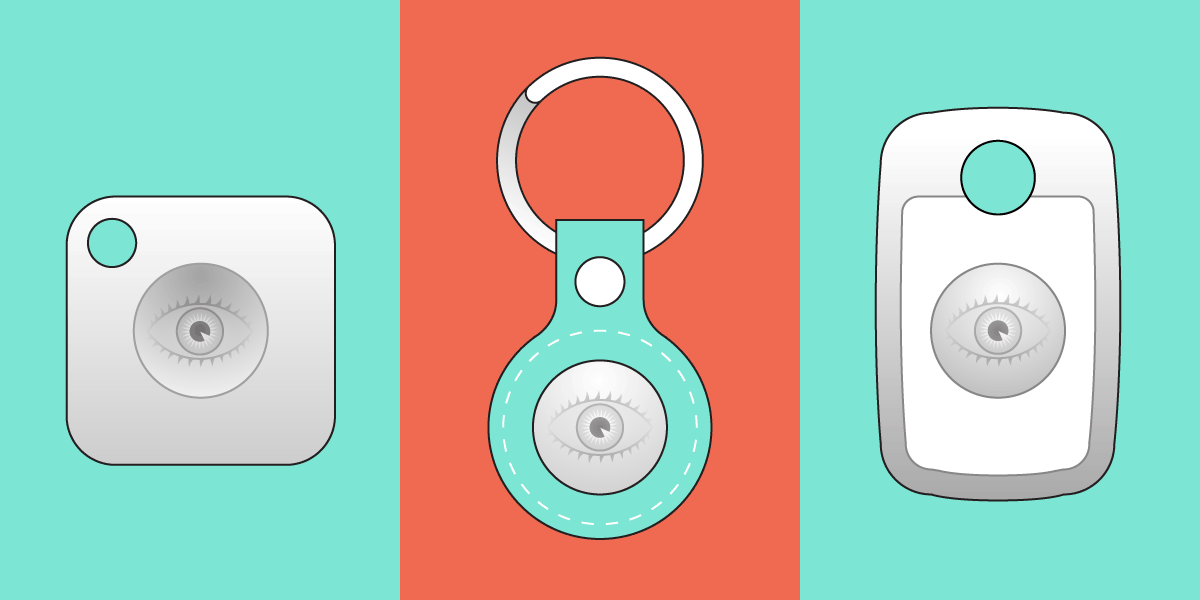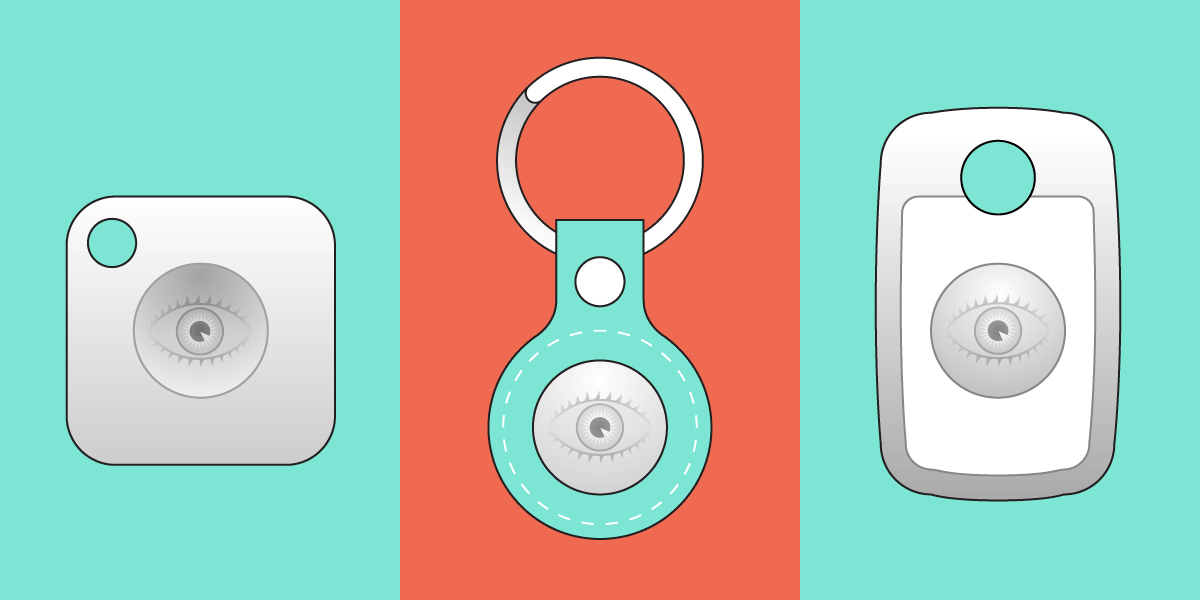In research shared with Wired this week, security researchers detailed a series of vulnerabilities and design flaws with Life360’s Tile Bluetooth trackers that make it easy for stalkers and the company itself to track the location of Tile devices.
Tile trackers are small Bluetooth trackers, similar to Apple’s Airtags, but they work on their own network, not Apple’s. We’ve been raising concerns about these types of trackers since they were first introduced and provide guidance for finding them if you think someone is using them to track you without your knowledge.
EFF has worked on improving the Detecting Unwanted Location Trackers standard that Apple, Google, and Samsung use, and these companies have at least made incremental improvements. But Tile has done little to mitigate the concerns we’ve raised around stalkers using their devices to track people.
One of the core fundamentals of that standard is that Bluetooth trackers should rotate their MAC address, making them harder for a third-party to track, and that they should encrypt information sent. According to the researchers, Tile does neither.
This has a direct impact on the privacy of legitimate users and opens the device up to potentially even more dangerous stalking. Tile devices do have a rotating ID, but since the MAC address is static and unencrypted, anyone in the vicinity could pick up and track that Bluetooth device.
Other Bluetooth trackers don’t broadcast their MAC address, and instead use only a rotating ID, which makes it much harder for someone to record and track the movement of that tag. Apple, Google, and Samsung also all use end-to-end encryption when data about the location is sent to the companies’ servers, meaning the companies themselves cannot access that information.
In its privacy policy, Life360 states that, “You are the only one with the ability to see your Tile location and your device location.” But if the information from a tracker is sent to and stored by Tile in cleartext (i.e. unencrypted text) as the researchers believe, then the company itself can see the location of the tags and their owners, turning them from single item trackers into surveillance tools.
There are also issues with the “anti-theft mode” that Tile offers. The anti-theft setting hides the tracker from Tile’s “Scan and Secure” detection feature, so it can’t be easily found using the app. Ostensibly this is a feature meant to make it harder for a thief to just use the app to locate a tracker. In exchange for enabling the anti-theft feature, a user has to submit a photo ID and agree to pay a $1 million fine if they’re convicted of misusing the tracker.
But that’s only helpful if the stalker gets caught, which is a lot less likely when the person being tracked can’t use the anti-stalking protection feature in the app to find the tracker following them. As we’ve said before, it is impossible to make an anti-theft device that secretly notifies only the owner without also making a perfect tool for stalking.
Life360, the company that owns Tile, told Wired it “made a number of improvements” after the researchers reported them, but did not detail what those improvements are.
Many of these issues would be mitigated by doing what their competition is already doing: encrypting the broadcasts from its Bluetooth trackers and randomizing MAC addresses. Every company involved in the location tracker industry business has the responsibility to create a safeguard for people, not just for their lost keys.













